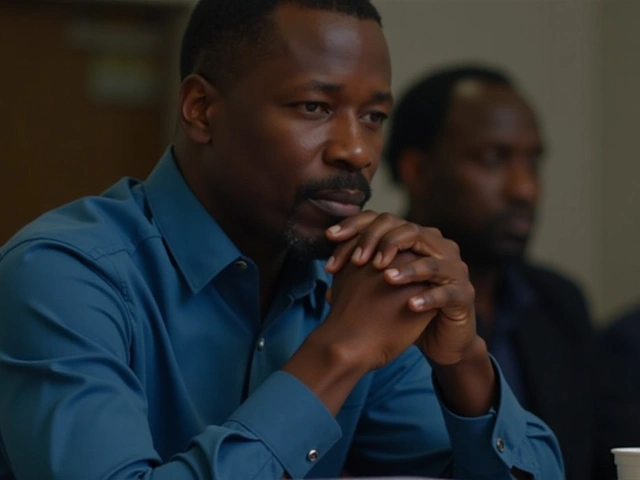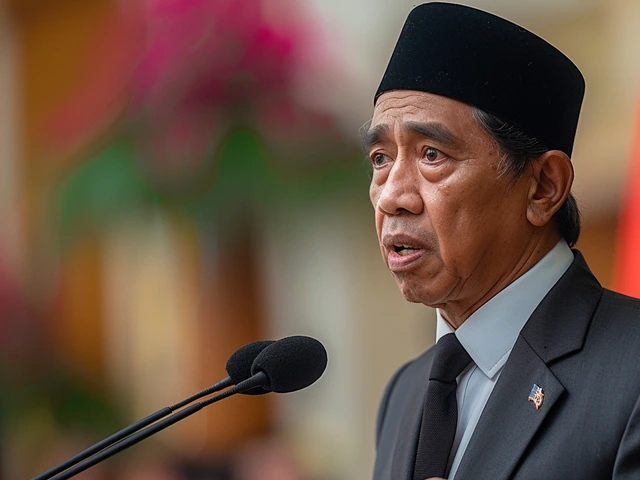BrainBridge Unveils Groundbreaking Head Transplant System: A New Frontier in Medical Science?
In a bold and controversial move, startup BrainBridge has revealed its concept for a revolutionary head transplant machine. This ambitious project promises to combine cutting-edge artificial intelligence with the latest advancements in robotic surgery to transfer a human head onto another body. Spearheaded by project lead Hasham Al-Ghaili, BrainBridge's system aspires to be a game-changer in medical science, offering possible solutions for those with severe, life-threatening conditions
The idea of head transplants has long been a subject of fascination both in science fiction and the scientific community. From Mary Shelley's "Frankenstein" to the real-life pursuits of pioneers such as Robert J. White and Sergio Canavero, the notion of transplanting a head onto a different body has oscillated between horror, hope, and skepticism. BrainBridge's latest concept aims to bring this fantastic notion closer to reality, but questions regarding its feasibility linger heavily.
The Promised Technology: A Deeper Dive
The BrainBridge system involves the simultaneous operation of two robots on both the donor and the recipient in a rigorously controlled environment. Their goal is to meticulously detach the head from one body and integrate it onto another, ensuring the preservation of the recipient’s consciousness, memories, and cognitive abilities. Central to this process is the use of polyethylene glycol, a polymer that would act as a binding agent to fuse severed nerves. This method is touted to promote nerve regeneration, which is critical for restoring functionality and consciousness.
Artificial intelligence in the system would provide precise control and real-time adjustments during the surgery, aiming for unparalleled accuracy and success rates. The hope is that this combination of robotics and AI will not only make the operation possible but also increase its safety and effectiveness, pushing the boundaries of what modern medicine can achieve. In this scenario, individuals with debilitating diseases or severe injuries could potentially receive new bodies, thereby extending their lives and improving their overall quality of life.
Feasibility and Ethical Considerations
Despite the intriguing possibilities, many experts remain highly skeptical of the project's viability. The human body, with its intricate network of nerves and vital systems, presents an incredibly complex challenge to such a radical procedure. Concerns over how well consciousness and memory can truly be preserved abound, along with questions about immune rejection, pain control, and the long-term psychological impacts on the recipient.
Moreover, the ethical implications cannot be understated. Human head transplants confront a barrage of moral questions: Is it ethical to engage in such a profound alteration of human identity and existence? What are the implications for the donor body, and who consents on their behalf? How will this procedure fit within the framework of current medical ethics and laws? These are just a few of the dilemmas that BrainBridge and the wider medical community must grapple with as they consider the potential of such a technology.
Then there is the issue of practicality. Existing medical knowledge and technology still struggle with far less invasive nerve repair procedures. The complexity of re-fusing spinal cords and ensuring complete neural regeneration remains an area filled with unknowns and partial successes. Additionally, handling issues of immune rejection and long-term viability of the transplanted head creates another layer of complexity that, at present, seems insurmountable.
Medical Community Reactions
The reaction within the medical community has been mixed. While some hail it as a potentially transformative advance that could revolutionize medicine, others deem it an overly ambitious project with more hype than hope. Discussions in scientific circles highlight that, while advancements in nerve regeneration and robotics are promising, they are not yet at the level required for such a monumental task.
Leading neuroscientists and surgeons have expressed caution, advocating for incremental research advances rather than giant leaps that may promise too much too soon. They call for rigorous peer-reviewed studies and clinical trials to assess the feasibility, safety, and ethical dimensions comprehensively.
The Road Ahead
As BrainBridge continues to develop and refine its head transplant machine, it will need to navigate a landscape fraught with scientific, ethical, and societal challenges. The company’s next steps will likely involve data collection from animal models, extensive simulations, and possibly collaborations with major research institutions to gain credibility and support.
Whether BrainBridge's head transplant system will become a pioneering advancement in medical science or remain an alluring, yet ultimately unattainable dream, only time will tell. The dialogue it has initiated, however, is undeniably profound, compelling us to rethink the limitations of human biology and the future of medical intervention.





